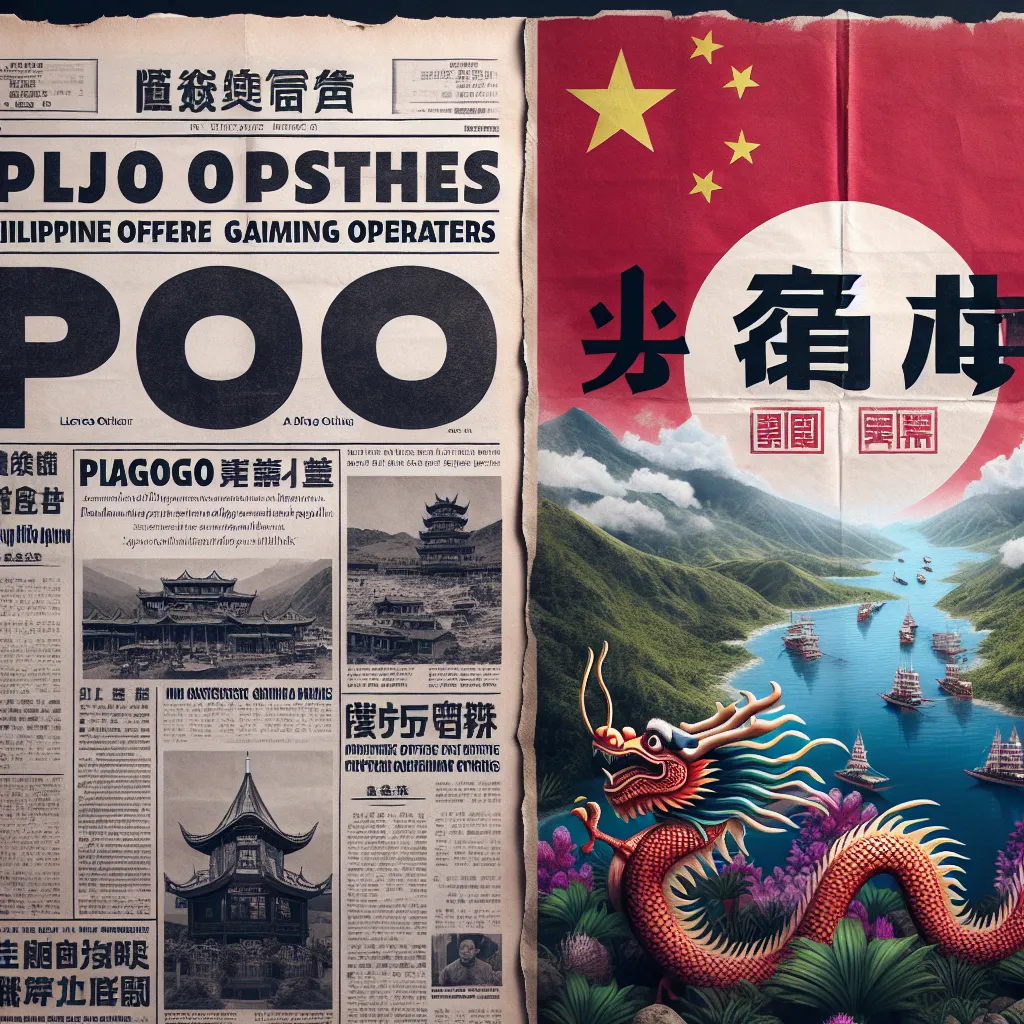In recent years, the acronym “POGO” has frequently appeared in Philippine news headlines, while simultaneously gaining attention in Chinese-speaking media outlets. Standing for Philippine Offshore Gaming Operators, this industry is a centerpiece of economic discourse and regulatory scrutiny in the Philippines. As POGOs primarily target the Chinese market, understanding the cross-cultural implications and legal intricacies can provide valuable insights into their dual-nature existence across these two distinct regions.
The formation and expansion of POGOs is a relatively new phenomenon, emerging as the Philippines sought to capitalize on the lucrative online gaming market predominantly driven by demand in China. Due to strict gambling regulations in China, many Chinese citizens turn to offshore gaming services, making POGOs in the Philippines a popular alternative. These operators are licensed by the Philippine Amusement and Gaming Corporation (PAGCOR), which oversees their legality and regulatory compliance within the country.
However, this booming industry has not been without its challenges. In the Philippines, POGOs have become a topic of heated debate. The benefits, such as significant contributions to tax revenues and job creation, are weighed against concerns over regulatory compliance issues and the potential facilitation of illegal activities. There are persistent allegations regarding POGOs being involved in crimes such as money laundering and human trafficking, which have spurred law enforcement crackdowns and a tightening of regulatory frameworks.
Recently, the translation of “POGO” into the Chinese context has brought cultural and linguistic nuances into play. In Chinese, POGO can be understood as 菲律宾离岸博彩运营商 (Fēilǜbīn Lí’àn Bócǎi Yùnyíngshāng), directly translating to Philippine Offshore Gaming Operators. However, the term also carries particular connotations, as offshore gambling is heavily stigmatized within Chinese society due to its association with criminal syndicates and illicit activities. This cultural perception intensifies the challenges faced by POGOs in mitigating their image and ensuring compliance with both local and international regulations.
As a high-interest subject in both Philippine and Chinese news, the coverage of POGOs often highlights differing priorities and concerns. In the Philippines, reports typically focus on economic impacts, regulatory developments, and the operational legality of these entities. For example, local media critically examines how effectively the government collects taxes from POGOs and how they impact domestic employment and infrastructure development.
Conversely, Chinese media often frames POGOs within the context of their legal status and the Chinese government’s efforts to curb offshore gambling. The Chinese authorities have repeatedly voiced concerns about POGOs targeting Chinese citizens, affecting perceptions of the industry both locally and abroad. Measures have included increased collaboration with the Philippine government to monitor cross-border transactions and the implementation of strict policing to prevent Chinese nationals from partaking in illegal online gambling activities.
The intertwining of these narratives presents both hurdles and opportunities for POGOs. While the economic prospects are undeniable, the path forward is fraught with regulatory and diplomatic challenges that require careful navigation. Bridging the cultural gap between the Philippines and China is equally essential, as fostering mutual understanding could ameliorate some of the prevalent tensions and lead to more sustainable business practices.
Ultimately, the future success of POGOs will depend not only on financial performance but also on their ability to adapt to legal and cultural landscapes. By aligning their operations with international legal standards and engaging in transparent practices, POGOs can improve their legitimacy. Open dialogue and collaboration between stakeholders in both countries will be crucial to reconciling the dual realities that POGOs face in their operational and cultural narratives.
In summary, POGOs serve as a focal point for examining how economic interests, legal structures, and cultural perceptions intersect on an international stage. Their evolution will continue to be closely monitored by local and global audiences, making it imperative for the industry to remain adaptable, compliant, and culturally aware to thrive in an ever-changing environment.




